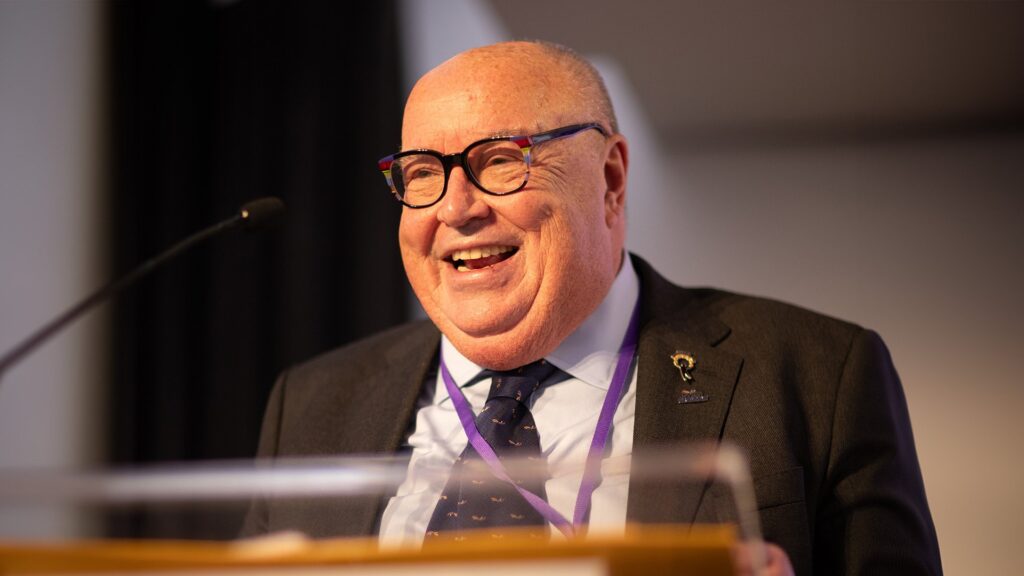UK trade association Bacta has announced that it has “fired the starting gun” on its engagement with UK’s Department for Culture, Media and Sport (DCMS) regarding an uplift in the maximum permitted stake and prize levels which for some categories have remained at their current levels since 2011 and as a consequence undermined the land-based sector’s ability to compete with other forms of gambling entertainment.
The lead body representing the UK land-based gaming entertainment sector has revealed that it has submitted proposals to Secretary of State the Rt Hon Lucy Frazer KC MP outlining an evidence-based case for stake and prize increases across Categories C, B3, B3A, and B4. For Category D cranes, bacta is proposing no change in stake but an increase in maximum prize levels from £50 to £75.
For Category C which last experienced an increase a decade ago, bacta states that it is arguing for a stake/prize of £1.50/£150; for B3 and B3A the proposed uplift is to £2.50/£750 and B4 £2.50/£750.
Explaining the importance of securing an uplift and continuing the industry’s ability to continue to invest across economies at local, regional and national levels bacta National President John Bollom stated: “Bacta member operators were extremely disappointed that the reintroduction of the Triennial Review which served the industry so well, was not included in the White Paper.
“Bacta is mindful of the importance of prioritizing the White Paper consultations and for reforms to be delivered during this Parliament but we must also keep stake and prize levels and the mechanism to determine them firmly on the agenda.”
Using the Bank of England inflation calculator, bacta say that the levels it has proposed are below the cumulative impact of inflation over the past decade.
Bacta’s submission argues: “It should be noted that whilst these proposed maximums reflect a less than inflationary increase, this will not reduce the pay-out percentages for the player, and therefore regardless of the stake selected the player is not disadvantaged in any way.
“It should be noted that any amounts retained by the machine will not increase by the same percentage amounts as a large proportion of any stake is returned to the player as a prize. It should be further noted that players do not all stake at the maximum. The average stake for a machine is circa 60 percent of the maximum permitted.”
In relation to crane grabbers, bacta stated: “We feel at this stage that a maximum permitted £1 stake is sufficient. The cost of the prizes used in these machines, however, has risen significantly and their value to players has been correspondingly eroded by inflation. We are therefore proposing an uplift to recapture that value proposition for what is a relatively small number of machines in the market (3,000). It should be noted that the Government agreed to raise the maximum permitted prize on these machines to £60 in 2013 but did not enact the necessary legislation.”
Addressing the central importance of maintaining the industry’s “exemplary commitment to player protection”, bacta’s submission points out that restoring stake and prize levels to what they were cannot logically increase the risk of harm, stating that “players will always have the option of playing at a lower stake and prize if that is what they wish to do and many will, as we know from current player behavior. This was not the case in the past when multi-staking was not available. The machines are not going to change, just the maximum permitted price and prize.”
Underlining the unique set of challenges which face the industry Bollom noted: “Unlike any other business, we cannot pass our costs on to the consumer and our proposals are required to simply keep better pace with inflation. Without regular increases in the maximums permitted, the industry’s ability to bring jobs and economic benefit to the high street and to coastal communities will be severely undermined.”




